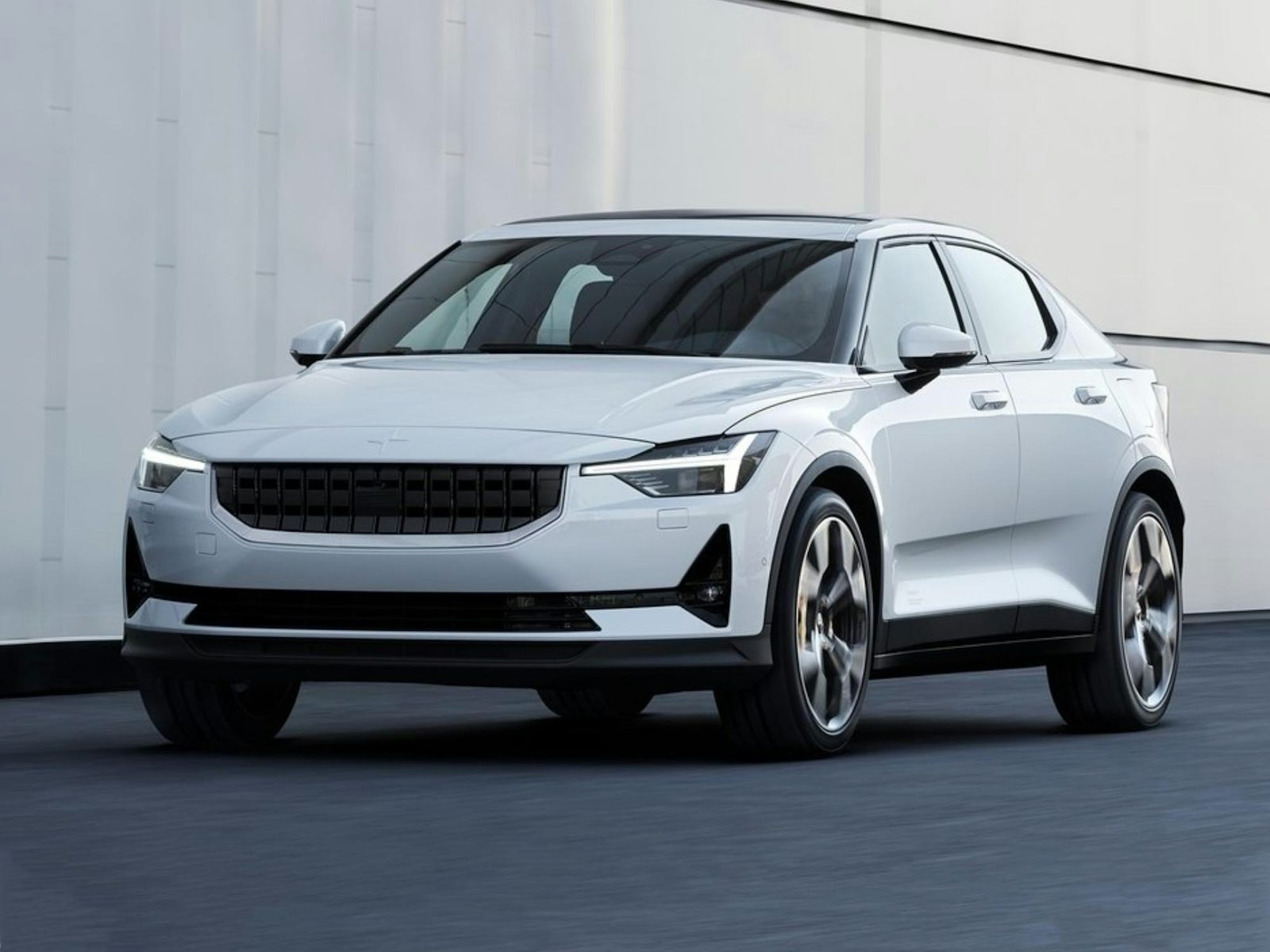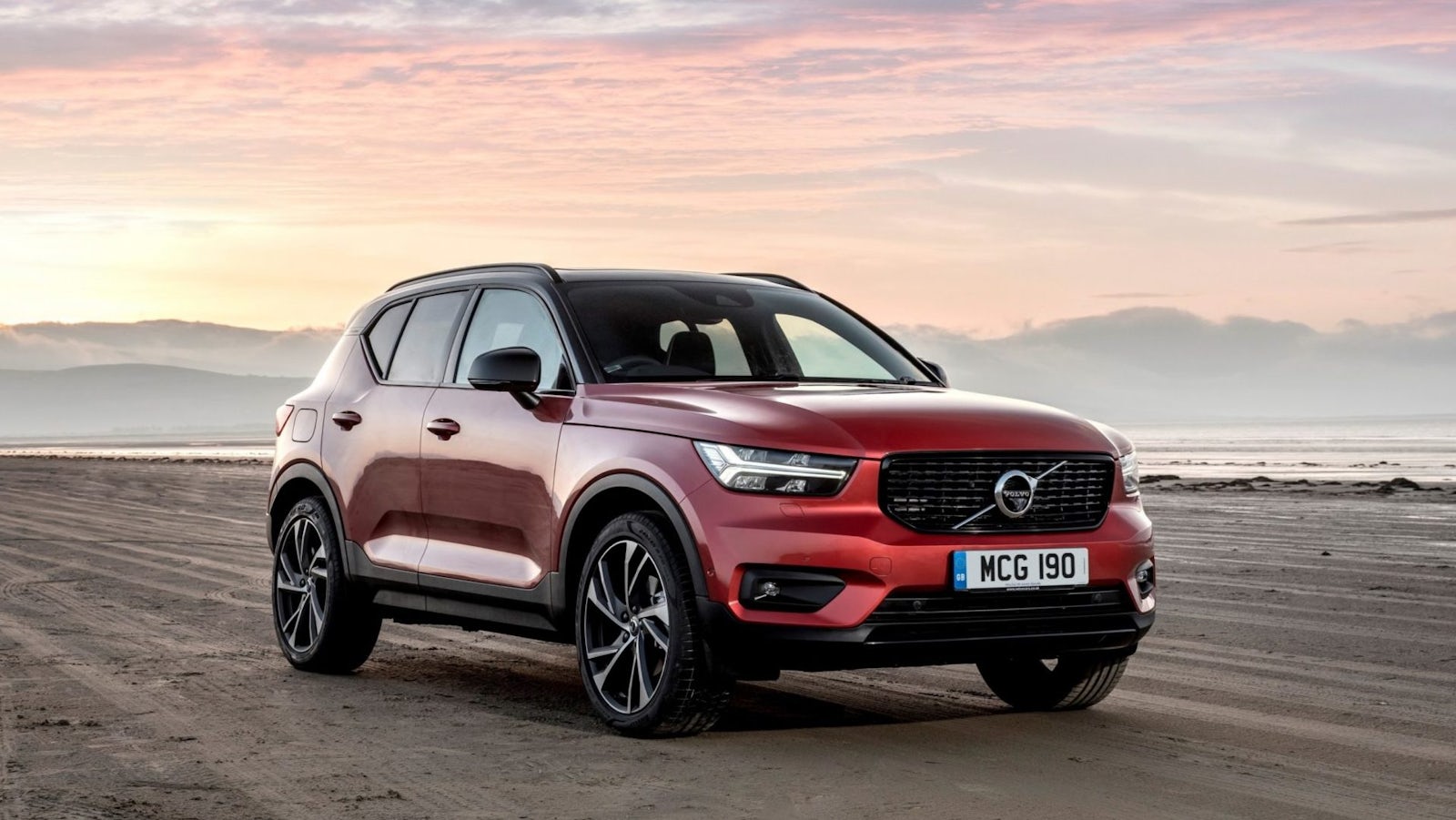Are electric cars really better for the environment?
July 18, 2022 by carwow staff

‘How clean are they really?’ is a question often posed about EVs – we do our best to answer it
Over a century of petrol and diesel-powered motoring is drawing to an end, with environmental concerns driving legislation that will effectively make electric cars the only type that can be sold from new within a few years.
Such a seismic change brings with it a host of questions, one of which is whether electric cars really are better for the environment than the petrol and diesel ones they’re replacing.
The short answer to this question is ‘generally, yes’.
The long answer requires an analysis of the lifecycle of a car, beginning with its manufacture, continuing to its use on the road, and ending with what happens to it when it has reached the end of its serviceable life.

Environmental impact of manufacturing an electric car
Petrol and diesel cars put out a fair few unwanted emissions when they are driven, with carbon dioxide (CO2) being a key one that legislators want to reduce.
But while electric cars do not emit any CO2 on the road, manufacturing any type of car produces CO2 from a number of sources. Think about the energy required to run paint shops and metal-pressing factories, the energy required to smelt iron and steel, to dig battery materials out of the ground before refining these – the list is almost endless.
Fortunately Polestar, the EV car firm owned by the same company as Volvo, produced a fairly comprehensive lifecycle analysis in 2020 of how much CO2 one electric car and one petrol car produce during manufacture, use, and end-of-life processing.

When it comes to the manufacturing processes, Polestar’s data is clear: manufacturing the electric Polestar 2 produces more carbon dioxide than manufacturing a petrol-engined Volvo XC40.
Manufacturing the petrol car generates 16.1 tonnes of CO2; manufacturing the electric car produces 26.2 tonnes of CO2.
This data only concerns two individual vehicles, but the scientific consensus is that the materials required for EV batteries are CO2 intensive. The international Council on Clean Transportation (ICCT) agrees, stating in 2018 that:
“Electric vehicle manufacturing requires more energy and produces more emissions than manufacturing a conventional car because of the electric vehicles’ batteries. Lithium-ion battery production requires extracting and refining rare earth metals, and is energy intensive because of the high heat and sterile conditions involved.”
In more recent research, the ICCT estimated that just producing one EV’s batteries generates between 1.6 and 5.5 tonnes of carbon dioxide, depending on the size of the battery pack, and where the battery was manufactured (battery manufacturing in countries with a greater reliance on coal-fired power stations creates more CO2 than in countries with a greater reliance on renewable energy sources).
Environmental impact of owning an electric car
Of course, each car is only ever manufactured once, whereas the ‘use phase’ – IE when a car is driven – is an ongoing process that continues for several years; this phase is very different based on both what powers the car, and where in the world it is.
Petrol and diesel cars produce carbon dioxide (plus other pollutants) at their exhaust pipe, as waste gases are expelled from the engine during internal combustion.
Electric cars do not produce any ‘tailpipe’ emissions on the road at all. Running them does cause carbon dioxide to be emitted, though, if the electricity that charges their batteries is produced via non-renewable methods, such as burning fossil fuels.
In fact, no electricity is totally free from carbon dioxide generation, as wind turbines and solar panels, for example, need to be manufactured, transported and maintained, processes that typically see CO2 generated.
In all, though, the data that exists indicates electric cars are far less polluting during use than their petrol or diesel counterparts.
Polestar’s study shows that a petrol Volvo XC40 emits 41 tonnes of carbon dioxide during its expected time on the road.

An electric Polestar 2 produces 23 tonnes of CO2 during its time on the road, based on global electricity generation. That figure drops to 15 tonnes of CO2 if the electricity used to charge the EV is modelled on European generated electricity, and falls to just 0.4 tonnes if the car is charged solely by energy generated by wind turbines.
The ICCT’s models echo Polestar’s, with the organisation saying that an EV made in 2021 was responsible for 63% to 69% fewer harmful emissions than a car with an internal combustion engine.
Environmental impact of scrapping an electric car
It was once thought that EV batteries would require replacement during the car’s life, but this has proven not to be the case in the vast majority of instances.
That still leaves the question of what happens to the batteries when it is time to scrap an electric car, though. Here, there are two main options: recycling the battery, or repurposing it – giving it a ‘second life’. One example of this is Amsterdam’s Johan Cruijff Arena, where 148 old Nissan Leaf batteries are used to store electricity generated by 4,200 solar panels on the roof of the football stadium.

Even if recycling, rather than second-life, becomes the ultimate fate of an EV battery pack, the picture looks relatively positive. The IICT says that “batteries are expected to be recycled to a large extent”, and that “battery recycling is likely to significantly reduce the GHG [greenhouse gas] emissions impact of batteries.”
Polestar’s study models that 0.5 tonnes of CO2 will be generated at the end of a Polestar 2’s life, compared to 0.6 tonnes for a petrol Volvo XC40.
The ICCT admits, though, that there is “regulatory and technological uncertainty about the future recycling processes” with regard to battery recycling.
What about hybrid cars?
Toyota, perhaps the best-known maker of petrol-electric hybrid cars, says its hybrids have prevented the emission of 118 million tonnes of CO2 compared to conventional petrol models.

Turning to plug-in hybrids, the ICCT says that “when driven on electric power for most trips, [they] have lifecycle emissions similar to battery electric vehicles.” However, the organisation also says that “some research indicates that plug-in hybrid vehicles are not always charged regularly in some markets.”
In short, the hybrids are likely to emit less CO2 than conventional petrol and diesel cars, but more than EVs.
So, are electric cars good for the environment?
‘Environment’ is a broad term, and there remain questions over the ethical friendliness of sourcing battery components.
There are concerns, for example, about working conditions in cobalt mines around the world, with this mineral a vital component for EV batteries. Similarly, there are issues surrounding the production and refinement of lithium; again, this is vital for EV batteries, and again, there are concerns, namely that lithium is commonly found in arid regions, yet requires large amounts of water to produce.

As a counterpoint to that, oil drilling and refinement are not environmentally neutral acts in themselves, and the evidence seems to be that electric cars are kinder to the environment than petrol and diesel ones.
Polestar’s study shows that a modern petrol car is responsible for 58 tonnes of CO2 in its lifetime, whereas an EV generates 27 to 50 tonnes, depending on how the electricity the car runs on is generated.
Get your next electric car with Carwow
Looking for an easy way to change your car? Then Carwow is the place to go. You can sell your car online for a great price, and get the best deals on a new one. All through our network of trusted dealers and all from the comfort of your home. Tap the button below to get started today.















